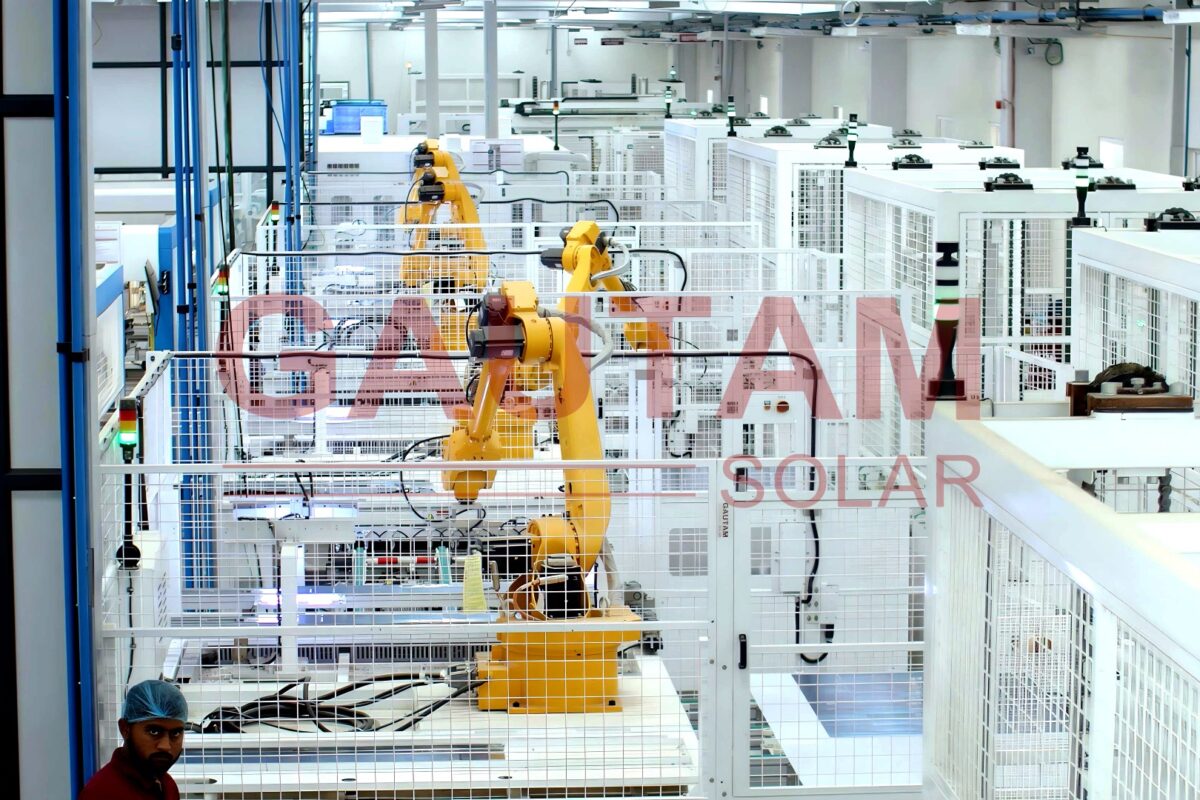Covid-19 pandemic presents India with an opportunity to work towards building a clean, resilient, and least-cost energy future—according to a new report by government policy thinktank NITI Aayog and Rocky Mountain Institute (RMI).
The report discusses how Covid-19 is beginning to influence India’s clean energy transition, specifically for the transport and power sectors. It identifies principles and strategic opportunities for the country to drive economic recovery while maintaining momentum on the clean energy transition, focusing on electric vehicles, energy storage, and renewable energy programs.
Invest in least-cost energy solutions
Costs of clean energy technologies like wind and solar are falling steeply. The economic savings associated with a clean energy future can be redeployed to support critical development priorities, the report states.
The report cites the example of the Unnat Jyoti by Affordable LEDs for All (UJALA) program, which decreased the unit cost of LED bulbs by over 75% in 18 months.
Other examples include solar and wind emerging as India’s lowest-cost electricity sources, even without subsidy. Electric buses are beginning to present a lower total cost of ownership than that of diesel buses for city bus services.
Support resilient and secure energy systems
Building a resilient future is critical for India to deal with pandemics and extreme weather shocks arising out of climate change. Resilience could involve selecting industries, technologies, or systems that help adapt to unexpected shocks or crises.
In India, future growth will demand resilience on multiple fronts, such as energy system design, urban development and transport design, industrial growth and supply-chain management, and the livelihoods of the underprivileged, according to the report.
Further, India can gradually reduce its exposure to commodity imports and foreign supply chains through distributed energy systems and the promotion of domestic manufacturing.
Prioritize efficiency and competitiveness
The Covid-19 pandemic has signified the importance of diversifying supply chains and manufacturing locations for critical technology. India can leverage manufacturing prowess and technology leadership to become a more self-sufficient economy and globally competitive export hub over time.
In particular, given the scale of demand and stage of development in the country, battery manufacturing presents India with a substantial opportunity to emerge as a global leader.
According to a recent analysis by NITI Aayog and RMI, India’s energy storage market in 2030 is expected to be worth Rs 1 lakh crore across the electric vehicle, stationary storage, consumer electronics, rail, and defence sectors.
Further, circular economy solutions—efficient and thoughtful use of resources—should become a core feature of India’s future economy as it pushes for make in India.
Circular manufacturing
This content is protected by copyright and may not be reused. If you want to cooperate with us and would like to reuse some of our content, please contact: editors@pv-magazine.com.









By submitting this form you agree to pv magazine using your data for the purposes of publishing your comment.
Your personal data will only be disclosed or otherwise transmitted to third parties for the purposes of spam filtering or if this is necessary for technical maintenance of the website. Any other transfer to third parties will not take place unless this is justified on the basis of applicable data protection regulations or if pv magazine is legally obliged to do so.
You may revoke this consent at any time with effect for the future, in which case your personal data will be deleted immediately. Otherwise, your data will be deleted if pv magazine has processed your request or the purpose of data storage is fulfilled.
Further information on data privacy can be found in our Data Protection Policy.